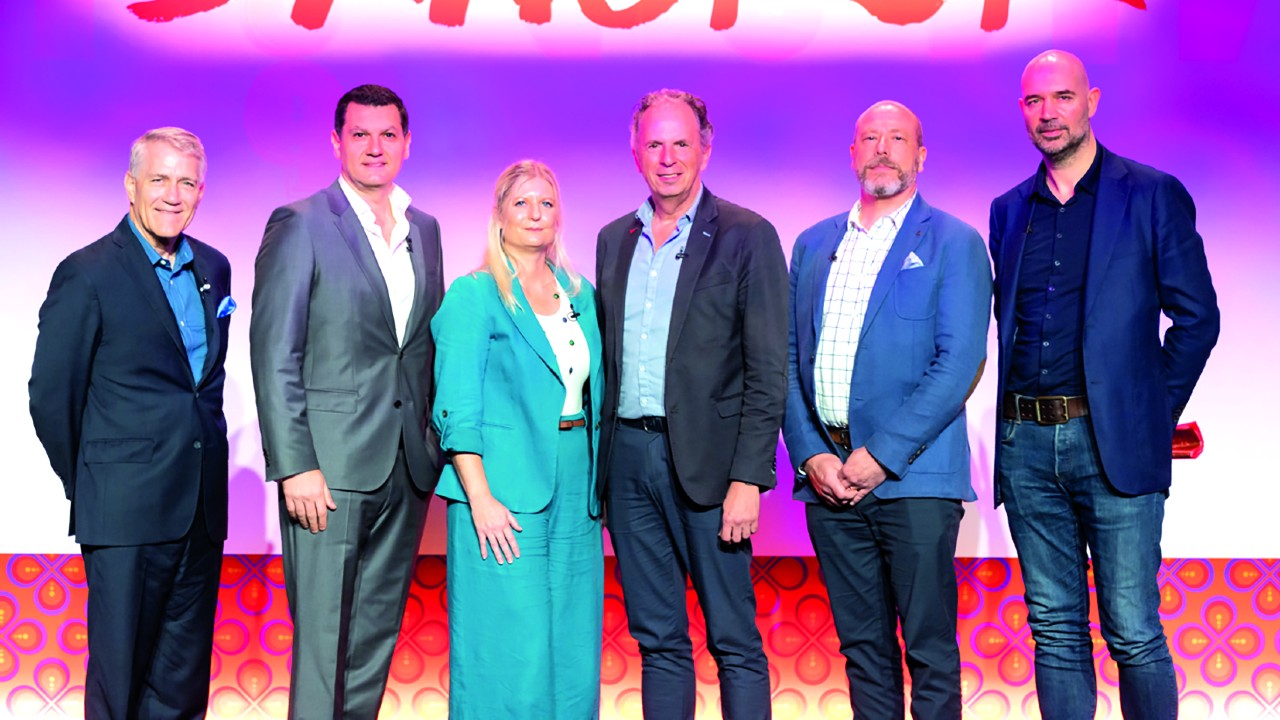Business session Moving 2.0 at the 2023 FIDI Conference challenged panellists to think five to 10 years ahead – beyond COVID and current supply chain challenges – and discuss the future shape of moving and DSP, and how customers and the market will evolve.
Mobilitas’s Rene Webster said customers would increasingly expect firms to be an extension of their businesses, understanding and adapting smoothly to their changing mobility and staffing needs.
‘We are the experts,’ she said. ‘We’ve always called ourselves global mobility specialists and that’s what we need to do – offer our clients what they need – this might be moving household goods today or finding them a home tomorrow; or something completely different like getting their employees put on a payroll because they’re opening an office in a new location, for example.’
In general, she added, firms need to be open- minded, ‘diversifying our businesses so that their businesses can grow’. Jerry Nazzal agreed, saying clients are increasingly asking movers for new services to accompany core moving. ‘I think we’re going to see a lot more of that in the future,’ he said.
Andrew Cummins said clients ‘want us to be their partner, to help them with their skill set within their accounts office, their staff, with immigration, DSP, moving, or a combination of all these things… The closer we can get to our customers, the better’.
Paul Bernardt, of Harmony Relocation Network, said customers were looking for support with creating a ‘customer journey’ – something that requires new technology – and compliance, in areas including health and safety, sustainability and GDPR. The panel agreed that while technology will have a significant impact on the industry, retaining the personal side of key interactions remains vital.
Dwellworks CEO Bob Rosing said there is a balance to be struck. ‘We have to make sure that whatever content we’re delivering is in a way that people want to consume it and in their own time,’ he said.
Bernardt said that the industry’s comparatively small size means ‘big tech’ is unlikely to disrupt it in the same way, for example, as it has hotel booking or taxi rides – at least for the next decade. ‘So, it’s up to us as an industry to make those investments,’ he said. ‘This, by definition, means it’s going to be extremely slow because, as an industry, we don’t have the funds to make that happen quickly.’
Nazzal and Rosing pointed out that, in the short to medium-term, generic emerging technologies, such as ChatGPT or automated customer service apps, are most likely to impact on the moving business.
‘Technology is an enabler,’ said Webster. ‘It doesn’t replace what we do, but it helps us do what we do better, so we can spend more time face to face, getting to know our clients, getting to know our assignee rather than doing those mundane things that could be done with technology.’
The panel also discussed the importance of recruiting, training, and retaining within its businesses, but also by using its international expertise to support clients with their own staffing challenges.
Rosing said the mobility industry has a key role in helping businesses keep college leavers engaged for the long term.
‘I think we need to do a better job of demonstrating the value, with real evidence and data that shows the cost of losing engagement with that person… breaking it down for them so they can make better decisions,’ he said.

